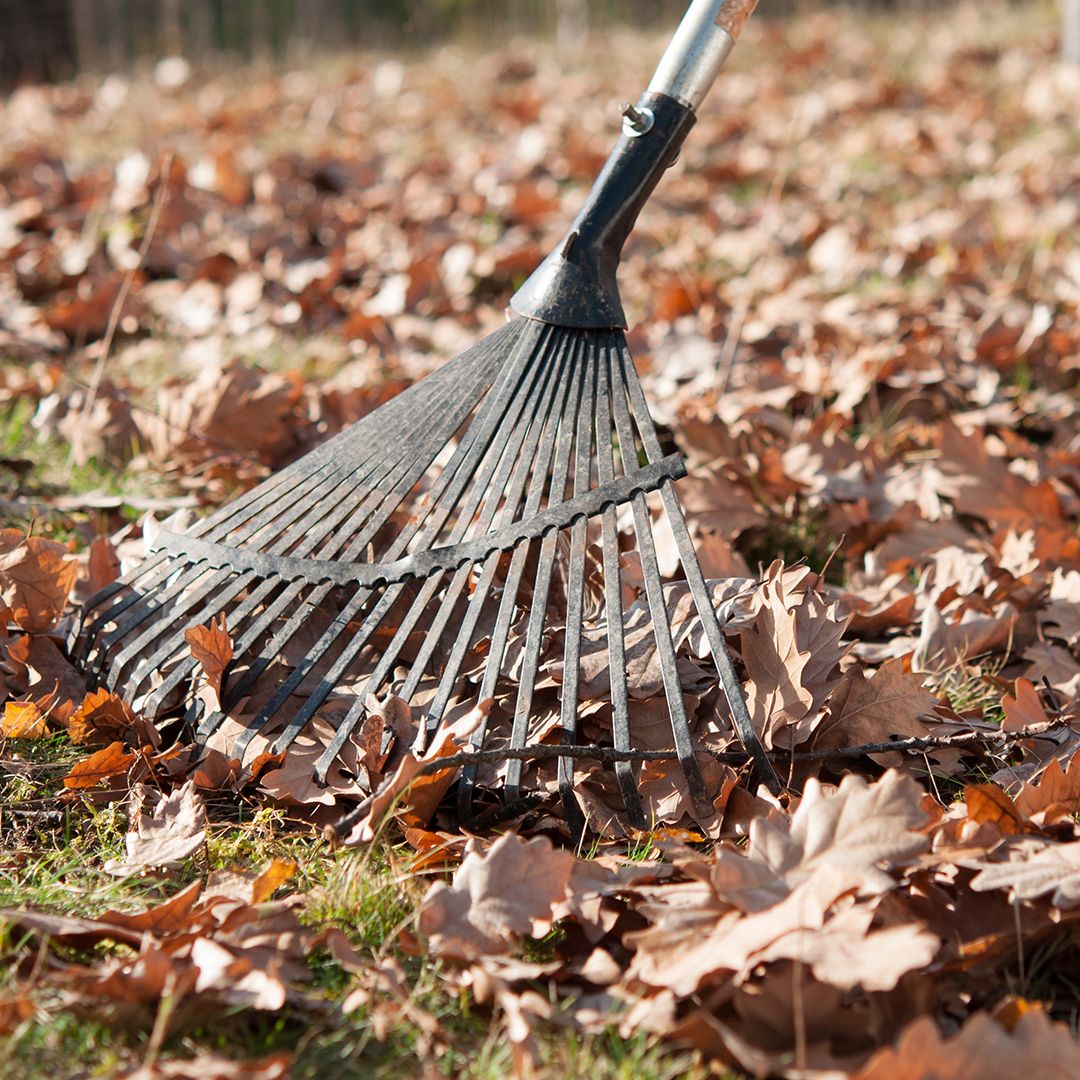As the weather transitions to colder temperatures and shorter days, it's tempting to put off lawn maintenance, like raking fallen leaves. However, at Well Done Landscapes, we know that neglecting this task can lead to long-term damage to your lawn. That's why we want to emphasize the importance of leaf raking or mulching for optimal lawn health.
Why should you rake leaves, and what happens if you don't?
Raking leaves offers numerous benefits beyond just making your yard look neat and tidy. It plays a crucial role in maintaining your lawn's health. Here are some key advantages:
Preventing diseases: Raking removes fallen leaves, reducing the risk of disease growth and damage to your lawn.
Enhancing sunlight and rain access: Clearing away leaves allows essential sunlight and rainwater to reach your grass, ensuring healthier growth.
Improving air circulation: By removing fallen leaves, you promote better air circulation, enabling your lawn to breathe and thrive.
Recycling and composting: Fallen leaves can be composted and recycled to enrich your lawn, flowerbeds, or garden.
Bonus exercise and fresh air: Raking leaves is a great way to get some exercise and enjoy the outdoors.
On the other hand, failing to rake your leaves can have negative consequences:
Fungal disease risk: Leaves left untouched for an extended period can create a breeding ground for fungal diseases on your lawn.
Blockage of oxygen and sunlight: Dense leaf cover can block vital oxygen and sunlight, hindering your grass's health.
Slip hazards: Accumulated leaves can become slippery and pose safety risks.
Unwanted wildlife: Piles of leaves may attract unwanted pests and critters to your lawn.
When is it okay to leave leaves on your lawn?
In most cases, it's acceptable to leave leaves on your lawn if they aren't densely covering the grass. Properly mulching leaves into your lawn can provide benefits and nourish your turf while supporting the environment.
When should you rake and compost leaves?
Fall is when most leaves fall, making it the ideal time to start a raking routine. It's best to rake leaves when they are dry and before frost or snow arrives. Some people prefer to keep up with leaf maintenance throughout the season, while others wait until all the leaves have fallen. However, it's important not to let piles of leaves accumulate excessively, as this can harm your lawn. In such cases, it's recommended to remove densely piled leaves and practice eco-friendly methods like mulching and composting. Waiting for dry leaves makes raking or mulching them easier.
Is raking leaves bad?
Raking leaves itself is not bad; it's the way you handle them that matters. Bagging leaves and throwing them out with the garbage creates unnecessary landfill waste and expense. Burning leaves can be hazardous and bothersome to both safety and the environment. At Well Done Landscapes, we encourage you to take a more sustainable approach.
The best way to handle fallen leaves is through mulching and composting. Dry, chopped-up leaves make excellent mulch, which adds nutrients to your lawn, improves soil quality, and saves time, money, and the environment. Additionally, composting leaves and grass is a fantastic method to reduce waste, enrich soil, and promote healthy plant growth.
To discover our step-by-step composting guide and learn how to turn your leaves into fertilizer for the upcoming Spring season, visit our website. Fall in love with your lawn again by taking advantage of our tailored solutions that cater to all your lawn care needs. For a quote, questions, or more information on fall clean up services, contact us today at 508-496-1315. Trust Well Done Landscapes for science-driven expertise and a lawn you'll be proud of.

